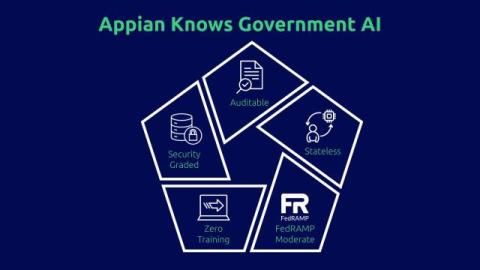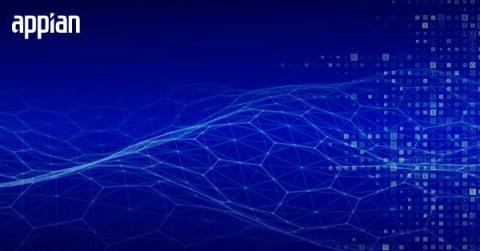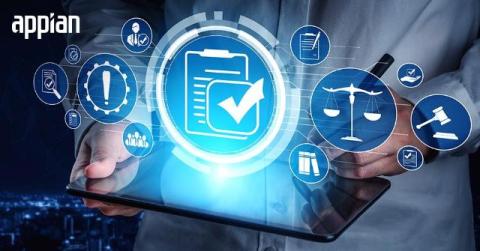Government Workflow Automation: Driving Innovation in the Public Sector
Government organizations are under pressure to deliver more efficient, transparent, and responsive services. Digital transformation is accelerating the pace of change. Public sector organizations that rely on manual processes can no longer keep up with the demands of modern governance. This is where workflow automation comes in. Automation is a powerful way to streamline operations, enhance service delivery, and improve decision-making.










